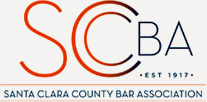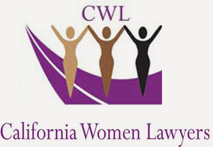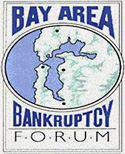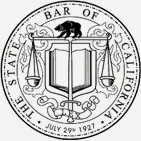
408-971-6270
Chapter 13 Bankruptcy Allows Debtors to Retain Property
The number 13 in Chapter 13 bankruptcy may seem like a bad harbinger, but don't be scared off; Chapter 13 bankruptcy is there to help you keep your property while paying off debts over time. Importantly, Chapter 13 is distinct from other types of bankruptcy (all organized into "chapters"). For individuals seeking to liquidate all but non-exempt property and use the proceeds to pay creditors, Chapter 7 is a sensible option. For a business seeking to reorganize and remain in business by crafting a new payment plan and timeline, Chapter 11 may be prudent. The purpose of this article is to explain the basics of Chapter 13 bankruptcy. In choosing the chapter that is right for you, whether as an individual or business, consult with an experiencedSan Jose bankruptcy law attorney.
Chapter 13 Bankruptcy Is a Plan for Wage Earners
Just as Chapter 7 is synonymous with the term "liquidation," and Chapter 11 with the term "reorganization," Chapter 13 is synonymous with the words "wage earner's plan." This plan, submitted to the relevant area bankruptcy court through a formal filing, allows individuals with provable regular income to repay all or part of their debts over a timeline approved by the court. So, instead of being faced with the prospect of defaulting on debts due on a date or at a rate that has become impossible to fulfill, a debtor is allowed a period typically between three to five years to repay the debts. The precise timeframe is a factor of the debtor's current monthly income in relation to the relevant state median monthly income.
Why Chapter 13 Bankruptcy May Be Advantageous to You
If you are an individual (rather than business) debtor, you may be wondering whether liquidation (Chapter 7) or a wage earner's plan (Chapter 13) is the right option for you. Often, the answer is tied whether relevant property is or is not exempt from liquidation under Chapter 7 - specifically, an individual debtor's home. Where in some instances even a home may be subject to liquidation under Chapter 7 bankruptcy, Chapter 13 may allow an individual debtor to circumvent foreclose by extending and slowing the repayment timeline.
Working to Submit and Approve Your Wage Earner's Plan As you have likely gathered, the bankruptcy process can be quite complex, with many financial considerations. In determining the chapter that is best for you, work with an experienced San Jose bankruptcy law attorney.
Source: http://www.uscourts.gov/services-forms/bankruptcy/bankruptcy-basics/chapter-13-bankruptcy-basics
By accepting you will be accessing a service provided by a third-party external to https://www.diemerwei.com/






